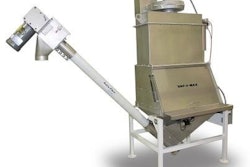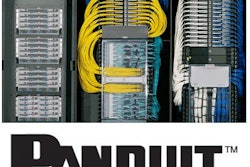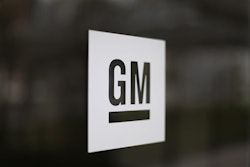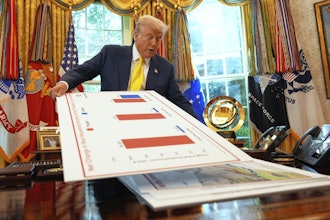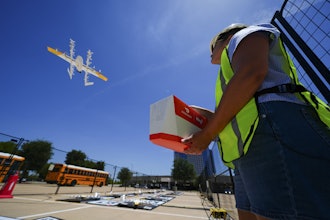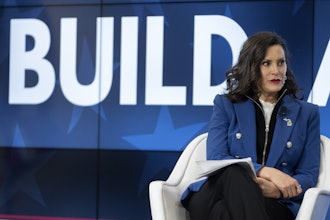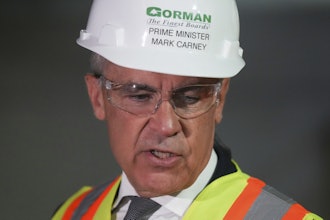The Pareto Principle was named after Vilfredo Pareto in 1896 when he found that 80 percent of the land in Italy was owned by 20 percent of the people, as it was in every country he visited. Extended, it has come to mean that 80 percent of a company’s output comes from 20 percent of the input. Therefore, companies who follow the Pareto Principle concentrate on that 20 percent and virtually ignore activities outside those parameters.
Now take a look at the MRO situation: 80 percent of the paperwork burden a company generates is created by just 6-10 percent of the company’s total yearly spend. That 6-10 percent excludes production and capital expenditures and is known as the indirect spend. MRO, as a part of the indirect, accounts for about 5 percent of the total company spend [when it can be defined and measured accurately, which is rare]. In other words, MRO is the “tail of the spend” and, as such, receives little consideration in the total scheme of things….The Pareto Principle reigns.
The real world of the tale of the MRO tail has these characteristics:
- No master equipment or BOM lists are kept in the storeroom, which becomes disconnected to maintenance operations or effectiveness
- Duplicate SKU’s exist under various stock numbers; excess inventory is created
- Fill rates to request ratios are low causing uncontrolled sub stocks; uncontrolled dollars
- Descriptions are incomplete, and, in many cases, known only to the user or the supplier; wrong parts used
- Lack of parts needed is a major cause of extended mean time to repair [MTTR]; Downtime
- Inventory turnover rates are negative and constitute cash flow burden; profit drain
- Inventory levels are not reflective of the current needs of reliable maintenance, and . . . MRO storeroom operations are not coordinated with the lean requirements of a reliable plant
Why does this condition continue to exist? Why do companies continue to “put up with it”? Could it be that MRO is the tale of the spend and not worthy of consideration…not worthy of investment for improvement? …The Pareto Principle?
Could it be that the need to improve to some level of world-class operations is recognized, but the time, experience and/or knowledge to make the corrections are lacking? Here is an example: The plant manager of a major chemical company assembled the heads of all operating departments for a meeting to deal with the “MRO problem”. Also invited was a potential supplier who purported to have storeroom management as its core area of expertise. The manager who had the responsibility of managing the MRO storeroom was reassigned to a different management function, and the director of maintenance engineering was assigned the job. In subsequent meetings between the assigned engineer and the supplier [of choice], the engineer let it be known that , although he has the knowledge necessary to dismantle, repair, assemble, and maintain all the assets in the plant, he has no idea how to implement and sustain a world class reliable MRO storeroom. He is given the job and readily admits that he is not qualified [not learned at MIT] to perform; he must learn on the job while still performing all of the management functions necessary to provide a reliable plant. It is obvious that hiring the MRO expert to solve the “MRO problem” would be the sound management decision. Standing in the way are corporate policies that achieve corporate goals, but, when applied to MRO…The Tale of The Spend…..,have a negative effect of plant performance.
It seems that the impetus for change has to come from some plant disaster/shutdown caused by the unreliable storeroom in order for the change to occur or even be considered.
If production is shut down because critical spares are not available when needed, it certainly will get somebody’s attention. With a shutdown and loss of production the tail of the spend is not so insignificant and warrants recognition that investment in a world-class reliable stores operation would prove to be a wise management decision.
MRO expenditures should not be a part of the Pareto Principle management philosophy. If a particular step or activity within the manufacturing process was deemed to be unprofitable, it would be corrected or eliminated; the same management recognition of MRO operations should be applied…..correct it, or outsource it!
George Krauter serves as Vice President of Storeroom Solutions, Inc. He brings more than 50 years of experience in establishing cost recovery methods for the MRO supply chain. Contact George at [email protected]. www.StoreroomSolutions.com





